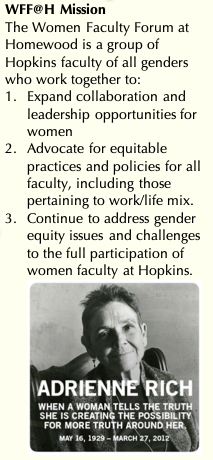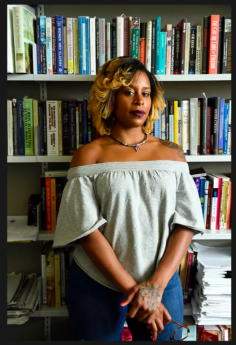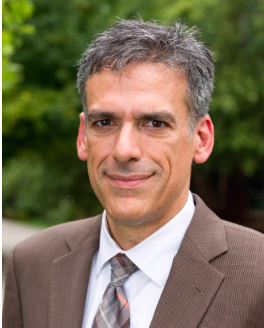 Congratulations–and gratitude–to faculty members N.D.B. Connolly (history and Africana Studies), Shani Mott (Africana Studies), and Jennifer P. Kingsley (Museums and Society), whose project to collect oral histories of African-Americans at Hopkins won a grant from the Berman Institute of Bioethics’ Exploration of Practical Ethics program and was featured in the Chronicle this week.
Congratulations–and gratitude–to faculty members N.D.B. Connolly (history and Africana Studies), Shani Mott (Africana Studies), and Jennifer P. Kingsley (Museums and Society), whose project to collect oral histories of African-Americans at Hopkins won a grant from the Berman Institute of Bioethics’ Exploration of Practical Ethics program and was featured in the Chronicle this week.
An excerpt–but if you click on the article you can listen to two of the oral testimonies:
Save for a few examples, Johns Hopkins’s catalog of its own history is “very administrative, bureaucratic, and elite,” said N.D.B. Connolly, an associate professor of history. Evidence of the black people who’ve toiled at the university is largely concealed, he said. There’s mention of Vivien Theodore Thomas, a surgical technician who helped develop a treatment for cyanotic heart disease, and of Minnie Hargrove, a longtime assistant to university presidents. But for the most part, though they breathed life into the institution with their daily labor, Connolly said, African-American employees are invisible in the record books.
Now, a cohort of scholars and students are correcting what they see as systemic archival neglect. Through a project called “Housing Our Story: Towards Archival Justice for Black Baltimore,” they’re building a new collection of oral interviews with African-American employees at Johns Hopkins. They’ve asked workers to detail minute aspects of their lives on and off campus. And in asking the small questions, the scholars have touched on a big one. Whose history gets told in higher education, and why?
As universities are increasingly asked to account for their historical faults, the project at Johns Hopkins may provide a roadmap for institutions that want to dive headfirst into their archival gaps, and help write a more accurate history. Doing so is key because the history of a place “is always written by the people on top,” said Jasmine Dong, an undergraduate student involved with the project. But “when you have history like that, it’s not really history,” she said. “It’s a story that’s been made.”
The full article: “Whose History? Scholars and Students Attempt to Correct Years of Archival Neglect at Johns Hopkins”
 It’s all here in one handy pdf – our year with the NAS report on sexual and gender harassment, ongoing discussions around graduate student mentoring, our exchanges with leadership on student evaluations of teaching (SETs).
It’s all here in one handy pdf – our year with the NAS report on sexual and gender harassment, ongoing discussions around graduate student mentoring, our exchanges with leadership on student evaluations of teaching (SETs).
 Congratulations–and gratitude–to faculty members
Congratulations–and gratitude–to faculty members  Last week, JHU chemistry professor
Last week, JHU chemistry professor 